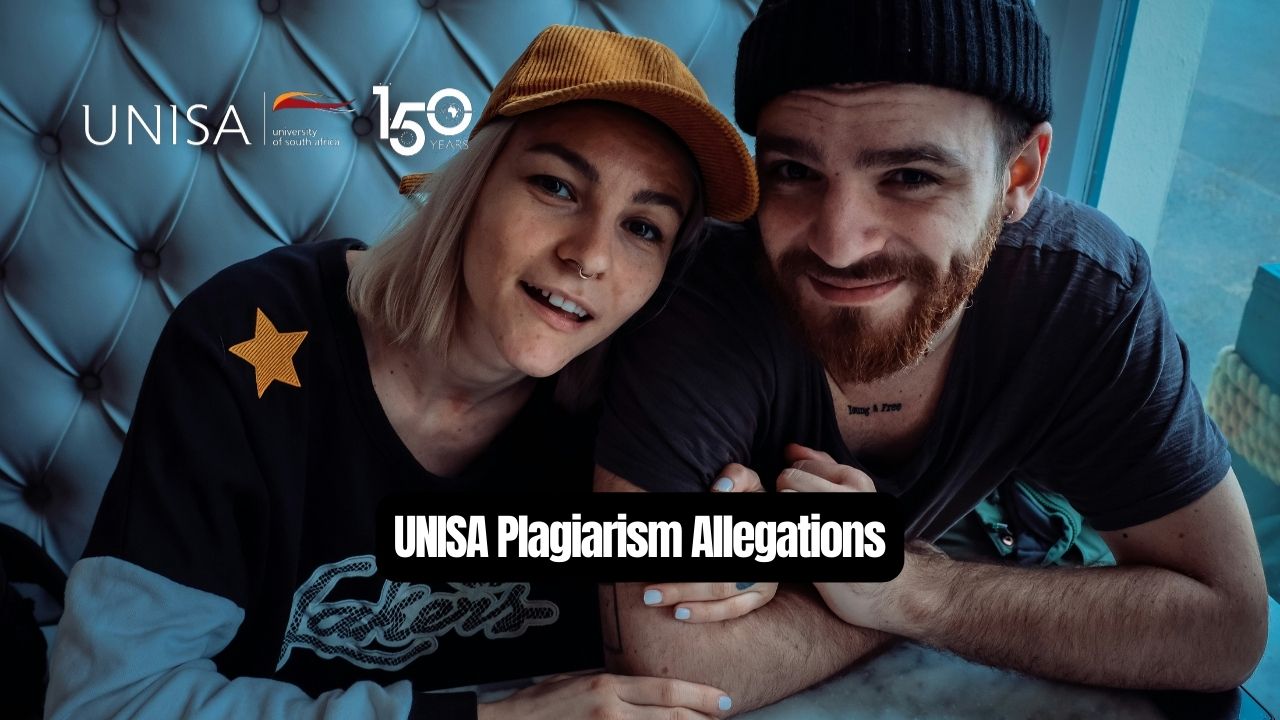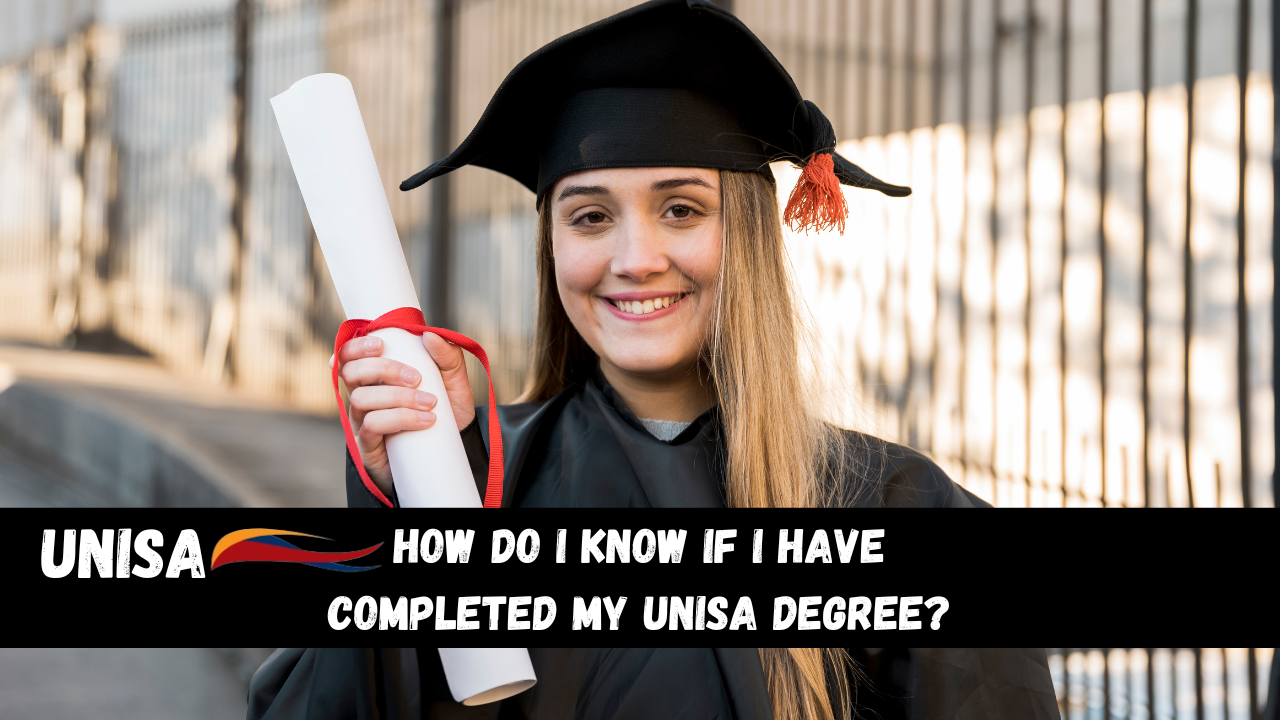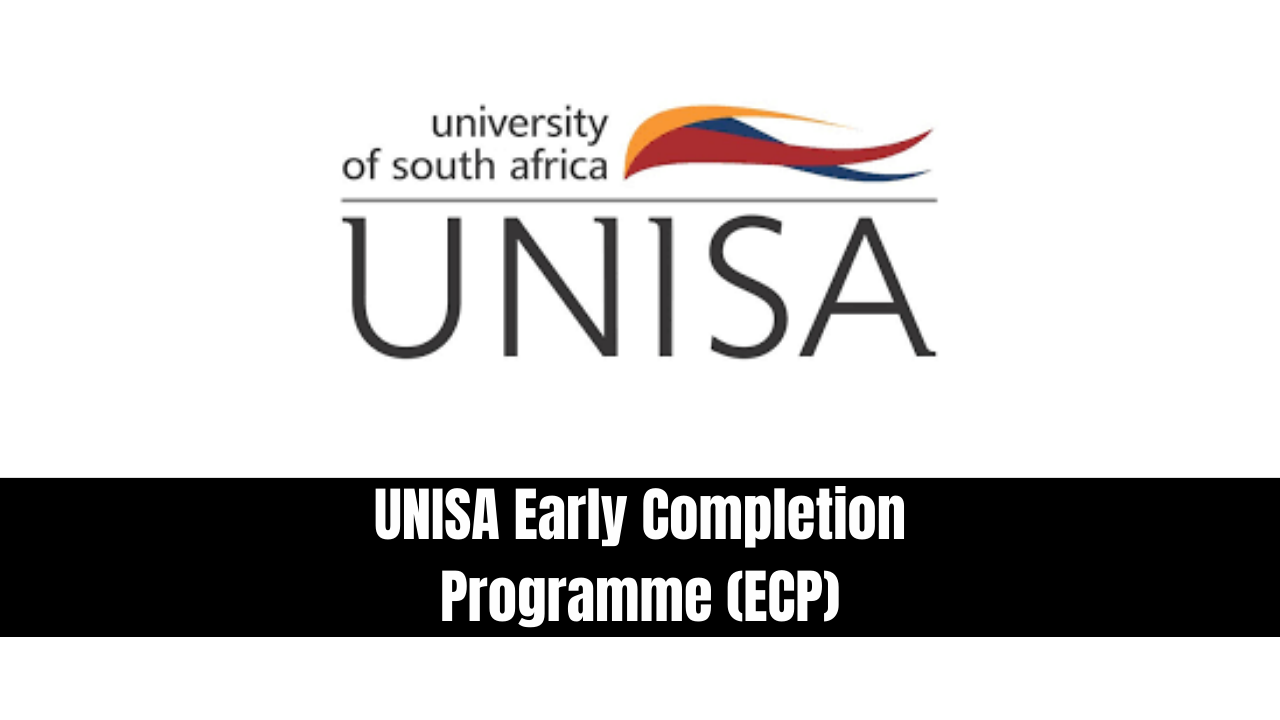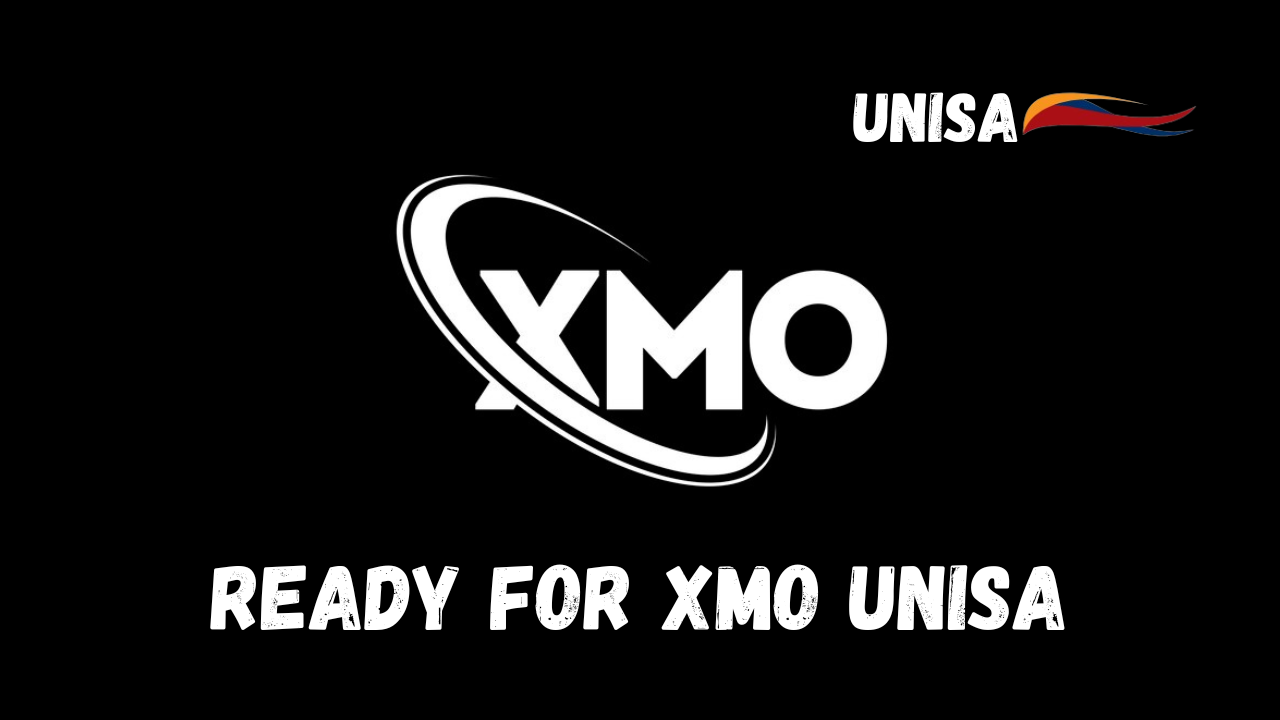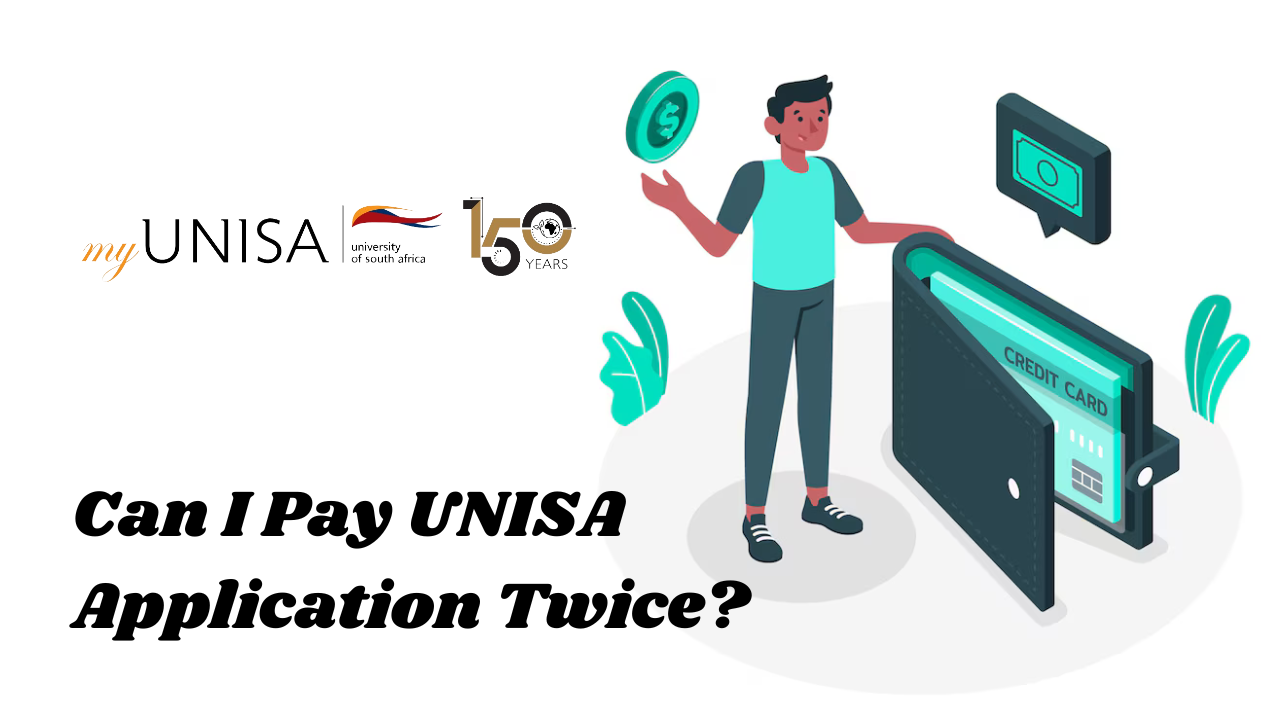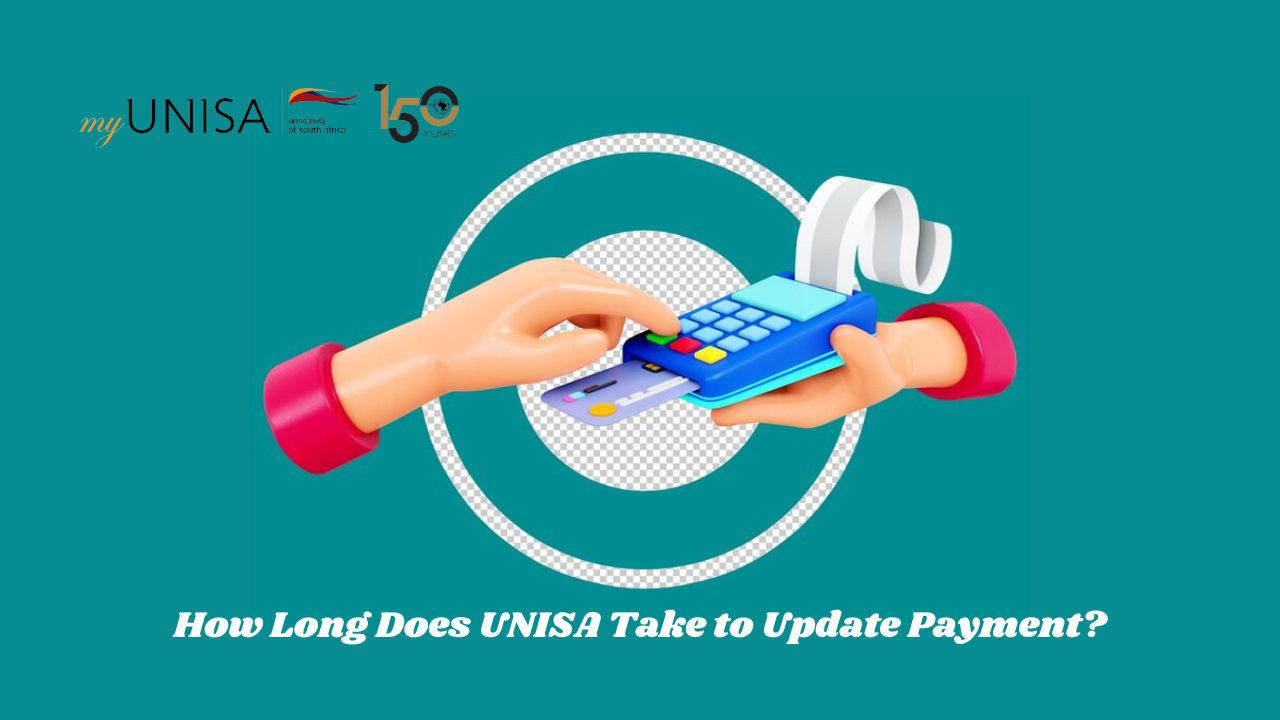UNISA Plagiarism Allegations. The University of South Africa (UNISA) has long been regarded as a bastion of academic excellence, offering quality education to students across the globe. However, recent allegations of plagiarism have cast a shadow over its reputation.
UNISA Plagiarism Allegations
The plagiarism allegations leveled against UNISA have sparked widespread debate and scrutiny within academic circles. Reports suggest instances where students, researchers, and even faculty members have been accused of academic dishonesty, ranging from improperly cited sources to outright intellectual theft.
Such allegations strike at the heart of academic integrity, raising questions about the rigor of UNISA’s academic programs and the efficacy of its plagiarism detection mechanisms.
Understanding The Implications
Plagiarism tarnishes the integrity of academic institutions and undermines the value of scholarly work. For UNISA, the repercussions of these allegations extend beyond its reputation.
They threaten to erode trust among stakeholders, compromise the credibility of its degrees, and jeopardize its standing in the global academic community.
Moreover, the proliferation of plagiarism can stifle creativity, hinder genuine academic progress, and impede the pursuit of knowledge.
Root Causes And Contributing Factors
To comprehend the prevalence of plagiarism at UNISA, it is essential to examine the underlying causes and contributing factors.
High student-to-faculty ratios, inadequate academic support services, cultural differences in understanding plagiarism, and lax enforcement of academic integrity policies are among the factors implicated in fostering a permissive environment for academic misconduct.
Additionally, the pressure to publish, limited resources for research, and the accessibility of online content may incentivize unethical behavior among students and faculty alike.
Addressing The Issue
In response to the plagiarism allegations, UNISA has initiated various measures aimed at combating academic dishonesty and upholding standards of integrity.
These include the implementation of plagiarism detection software, the strengthening of academic integrity policies, the provision of educational resources on citation practices, and the promotion of a culture of ethical scholarship.
Furthermore, UNISA has emphasized the importance of fostering a supportive academic community where students and faculty are encouraged to uphold the principles of honesty, integrity, and originality in their scholarly endeavors.
Moving Forward
The UNISA plagiarism controversy serves as a wake-up call for academic institutions worldwide to reevaluate their approaches to preventing and addressing plagiarism.
It underscores the need for robust mechanisms for detecting and deterring academic misconduct, as well as comprehensive educational initiatives to promote ethical scholarship.
As UNISA takes steps to address these challenges, it reaffirms its commitment to maintaining the highest standards of academic excellence and integrity.
Conclusion
The UNISA plagiarism allegations have ignited a crucial dialogue about academic integrity and the challenges facing contemporary higher education. By acknowledging the complexities of plagiarism and implementing proactive strategies to address them, UNISA is poised to emerge from this controversy stronger and more resilient.
As stakeholders within the academic community, it is incumbent upon us to uphold the principles of honesty, integrity, and originality in our pursuit of knowledge, thereby safeguarding the integrity of our institutions and the credibility of scholarly inquiry.
